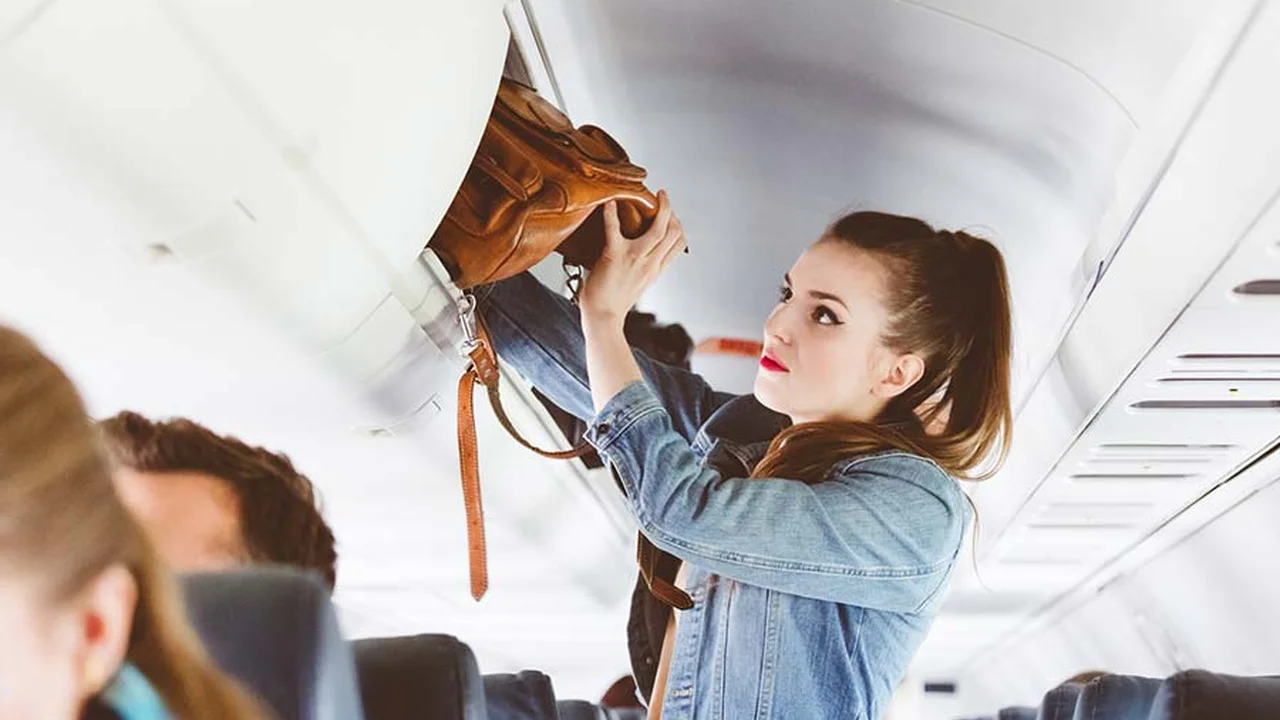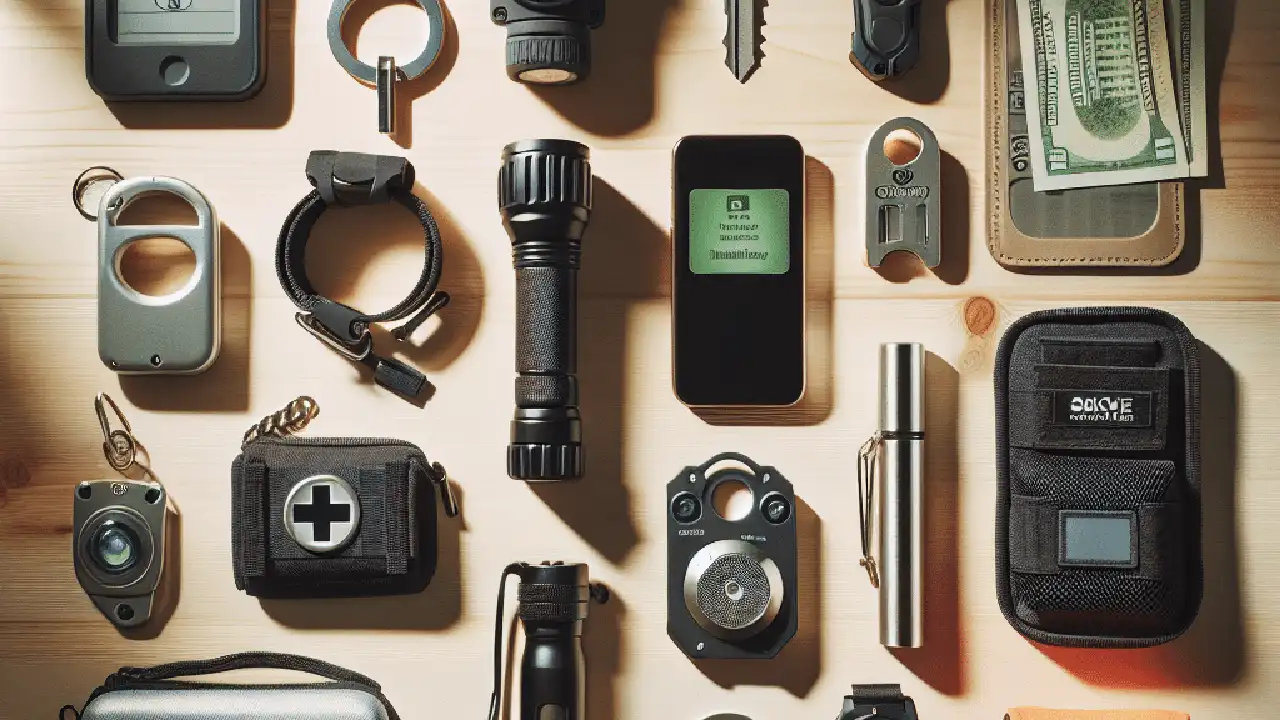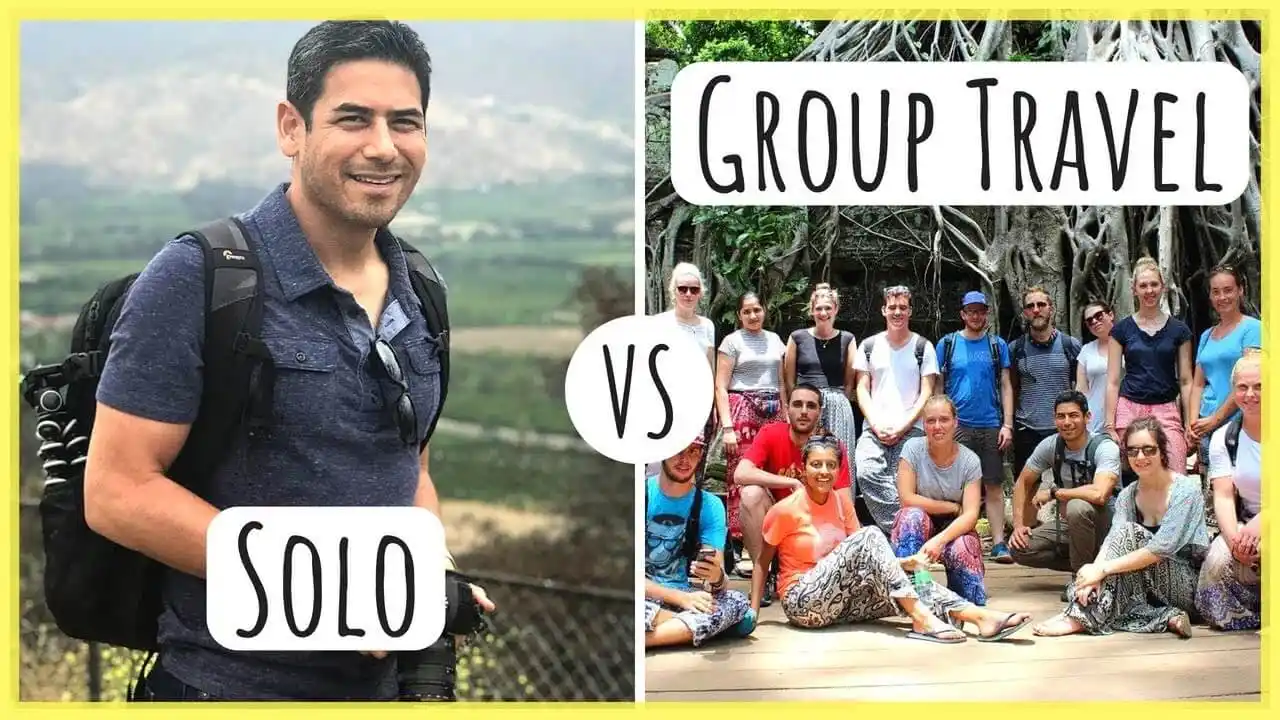Avoiding Scams Solo Travel Advice
Plan your solo adventure with confidence. This guide covers essential safety tips, from pre-trip planning to on-the-ground awareness. Learn how to mitigate risks and enjoy a secure and fulfilling solo travel experience.

Common Travel Scams Targeting Solo Travelers: Awareness is Key
Okay, let's talk about the not-so-fun part of solo travel: scams. Nobody wants to be taken advantage of, especially when you're out exploring the world on your own. The good news is, being aware of common scams is half the battle. Scammers often target solo travelers because they perceive them as more vulnerable and less likely to have someone looking out for them. But with a little knowledge and preparation, you can significantly reduce your risk of becoming a victim.
One of the most common scams is the \"helpful local\" who offers unsolicited assistance, like carrying your bags or giving you directions. While some people are genuinely kind, others may be trying to distract you while an accomplice pickpockets you. Another popular scam involves fake police officers demanding to see your passport and wallet. Always ask for identification and, if possible, go to a police station to verify their credentials. Then there's the \"broken taxi meter\" scam, where the driver claims the meter is malfunctioning and charges you an exorbitant fare. Always agree on a price before getting in the taxi, or use ride-hailing apps like Uber or Grab when available. Be wary of overly friendly strangers who offer you drinks or food, as they could be laced with drugs. Always keep an eye on your belongings, especially in crowded areas like markets and train stations. And finally, be skeptical of anyone who approaches you with an \"amazing deal\" that seems too good to be true. Remember, if it sounds too good to be true, it probably is.
Pre-Trip Scam Prevention Tips: Planning for a Safe Journey
Prevention is always better than cure, right? So, before you even pack your bags, there are several steps you can take to minimize your risk of falling victim to scams. First, research your destination thoroughly. Read travel blogs, forums, and guidebooks to learn about common scams and potential dangers. This will help you stay informed and avoid obvious traps. Next, make copies of your passport, driver's license, and other important documents. Store these copies separately from the originals, and leave a set with a trusted friend or family member. This way, if your documents are lost or stolen, you'll have backups to help you get replacements. You should also register with your embassy or consulate in case of emergencies. This will allow them to contact you if there's a natural disaster, political unrest, or other crisis. Consider getting a travel credit card with fraud protection and no foreign transaction fees. This will make it easier to track your expenses and dispute any fraudulent charges. And finally, inform your bank and credit card companies of your travel plans. This will prevent them from blocking your cards due to suspicious activity.
On-the-Ground Scam Avoidance Strategies: Staying Alert and Aware
Once you're on the ground, staying alert and aware of your surroundings is crucial. Avoid walking alone at night in poorly lit areas. Stick to well-traveled streets and be aware of your surroundings. Don't flash expensive jewelry or electronics, as this can make you a target for thieves. Keep your valuables hidden and carry your bag securely. Use a cross-body bag or a money belt to keep your belongings close to your body. Be wary of overly friendly strangers who approach you with unsolicited offers or assistance. Politely decline their help and move on. Trust your instincts. If something feels wrong, it probably is. Don't be afraid to say no and walk away from a situation that makes you uncomfortable. Learn a few basic phrases in the local language, such as \"no,\" \"help,\" and \"police.\" This can be helpful if you need to ask for assistance or report a crime. And finally, stay connected with friends and family back home. Let them know your itinerary and check in regularly. This will give them peace of mind and provide a safety net in case of emergencies.
Specific Scams in the USA and Southeast Asia: Regional Awareness
It's essential to know that scams can vary depending on the region you're visiting. In the USA, common scams include fake parking tickets, ATM skimming, and fraudulent vacation rentals. Be wary of unsolicited emails or phone calls offering deals that seem too good to be true. Always verify the legitimacy of any offer before providing personal information or sending money. In Southeast Asia, common scams include gem scams, taxi scams, and motorbike rental scams. Be wary of anyone who tries to sell you gemstones at a discounted price, as they are often fake or overpriced. Always negotiate the fare with taxi drivers before getting in the cab, or use ride-hailing apps when available. Inspect motorbikes carefully before renting them, and make sure you have adequate insurance coverage. Be aware of your surroundings and avoid walking alone at night in poorly lit areas.
Product Recommendations for Anti-Theft and Safety: Gear Up for Protection
Investing in a few key products can significantly enhance your safety and security while traveling solo. Here are some recommendations:
- Pacsafe Travelsafe X15 Anti-Theft Portable Safe: This portable safe is perfect for securing your valuables in your hotel room or hostel. It's made from cut-resistant material and features a locking cable that can be attached to a fixed object. It's ideal for storing your passport, laptop, and other important items. Price: Around $100.
- Travelon Anti-Theft Classic Messenger Bag: This messenger bag is designed with anti-theft features such as slash-resistant straps, locking compartments, and RFID-blocking technology. It's perfect for carrying your essentials while exploring a city. Price: Around $70.
- Personal Safety Alarm: A personal safety alarm can be a lifesaver in an emergency. It emits a loud, piercing sound that can deter attackers and attract attention. Look for one with a built-in LED light for added visibility. Price: Around $15.
- RFID Blocking Wallet: Protect your credit cards and passport from electronic theft with an RFID-blocking wallet. These wallets are designed to block RFID signals, preventing thieves from scanning your personal information. Price: Around $20.
- Door Stop Alarm: This simple device can provide added security in your hotel room. It wedges under the door and emits a loud alarm if someone tries to open it. Price: Around $10.
Comparing Anti-Theft Products: Choosing the Right Gear for Your Needs
When choosing anti-theft products, consider your specific needs and travel style. If you're staying in hostels or shared accommodations, a portable safe is a must-have. If you're exploring cities and carrying valuables, an anti-theft bag is a good investment. A personal safety alarm is a simple and effective way to deter attackers and attract attention. RFID-blocking wallets are essential for protecting your credit cards and passport from electronic theft. And a door stop alarm can provide added security in your hotel room.
Here's a quick comparison:
| Product | Pros | Cons | Best For |
|---|---|---|---|
| Pacsafe Travelsafe X15 | Secure, portable, cut-resistant | Can be bulky, relatively expensive | Hostels, shared accommodations |
| Travelon Anti-Theft Bag | Stylish, convenient, multiple security features | Can be heavy, some designs are obvious | City exploration, carrying valuables |
| Personal Safety Alarm | Affordable, easy to use, effective deterrent | Requires batteries, can be accidentally activated | Emergencies, walking alone at night |
| RFID Blocking Wallet | Protects against electronic theft, affordable | Only protects cards inside the wallet | Everyday use, travel |
| Door Stop Alarm | Simple, affordable, adds security to hotel rooms | Requires batteries, only works on doors | Hotel stays, added peace of mind |
Real-Life Scam Experiences and Lessons Learned: Sharing is Caring
Hearing about real-life scam experiences can be incredibly helpful in preparing for your own travels. Many travel bloggers and forums share stories of scams they've encountered and the lessons they've learned. Reading these stories can help you identify potential red flags and avoid making the same mistakes. For example, some travelers have shared stories of being approached by friendly locals who offered to take them to a \"secret\" temple or market, only to be taken to a tourist trap where they were pressured to buy overpriced souvenirs. Others have shared stories of being targeted by pickpockets in crowded areas, or of having their luggage stolen from unattended vehicles.
The key takeaway from these stories is to stay vigilant, trust your instincts, and don't be afraid to say no. If something feels wrong, it probably is. Don't be afraid to politely decline offers or assistance from strangers, and always keep an eye on your belongings. By learning from the experiences of others, you can significantly reduce your risk of falling victim to scams.
Reporting Scams and Seeking Assistance: What to Do If You're Targeted
If you do fall victim to a scam, it's important to report it to the appropriate authorities. In the USA, you can report scams to the Federal Trade Commission (FTC) or your local police department. In Southeast Asia, you can report scams to the local police or your embassy or consulate. Reporting a scam can help prevent others from becoming victims and may even lead to the arrest of the perpetrators. It's also important to contact your bank and credit card companies to report any fraudulent charges. They may be able to reverse the charges and issue you new cards. If your passport is lost or stolen, contact your embassy or consulate immediately to obtain a replacement.
Don't be ashamed or embarrassed if you've been scammed. It can happen to anyone, regardless of their experience or intelligence. The important thing is to learn from the experience and take steps to prevent it from happening again. By sharing your story and reporting the scam, you can help protect other travelers and make the world a safer place.
:max_bytes(150000):strip_icc()/277019-baked-pork-chops-with-cream-of-mushroom-soup-DDMFS-beauty-4x3-BG-7505-5762b731cf30447d9cbbbbbf387beafa.jpg)






